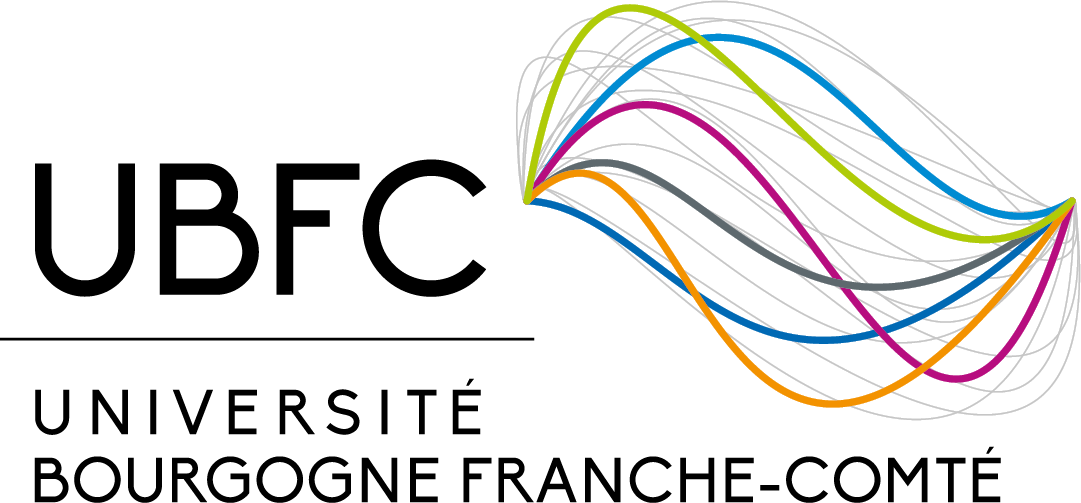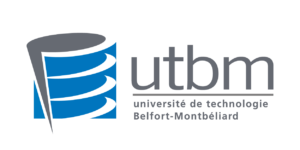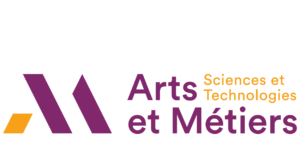Master DASEE
Data Analyst for Spatial and Environmental Economics
Outline of the program
The international research Master’s program “Data Analyst for Spatial and Environmental Economics” (DASEE) is a two-year program jointly proposed by the University of Bourgogne and AgroSup Dijon. Its objective is to be a highly specialized and selective Master’s degree program offering an integrated view on urban/regional and environmental issues from an economic perspective, with a particular focus on georeferenced data management and analysis. The students will be trained in economics and econometrics applied to the analysis of spatial and environmental issues. This program emphasizes interactions between economic theories, policy and practices by focusing on the links between location choices of economic activities and environment. It provides an in-depth training in the design, realization, analysis and restitution of quantitative studies in spatial and environmental economics.
Program description
The DASEE Master’s program will consist in a consecutive four-semester international Master of Science (MSc) degree program taught in English. The DASEE program will offer the students an original program structure in France focused on the interrelations between spatial and environmental economics and the analysis of georeferenced data. The course structure consists of five major building blocks: “Spatial economics”, “Environmental economics”, “Fundamentals in quantitative methods”, “Spatial statistics and econometrics” and “Professionnal training”.
A major focus of the program will be about training the students in the design, realization, analysis and restitution of quantitative studies in spatial and environmental economics, since these skills are essential components in the deployment of a territorial economic intelligence activity by local authorities, businesses and engineering offices. The integrative view on spatial and environmental economics, together with a focus on data statistical and econometric analysis are major innovations of this program with respect to other master’s program offered worldwide, that either focus on spatial economics or environmental economics and where the quantitative part is not as developed as in our proposal.
Courses will include the ability to conduct research in spatial economics, environmental economics and spatial data analysis, from data collection and analysis to synthesis and reporting. Its applied quantitative analytical approach (students will use softwares as R, SAS, STATA, MATLAB or QGIS/ARCGIS) to spatial and environmental economics provides the relevant skills to model and solve economic problems on an abstract level and to transfer the analytic solutions to real world applications. This encourages a flexible and creative approach to complex economic issues like those found typically in the real world.
During the DASEE program some students will to do their first year and/or second year internships in prestigious foreign universities (Canada, Spain), supervised by the large network of co-authors and collaborators of the coordinators of the program and the teaching team from LEDI and CESAER.
Program curriculum
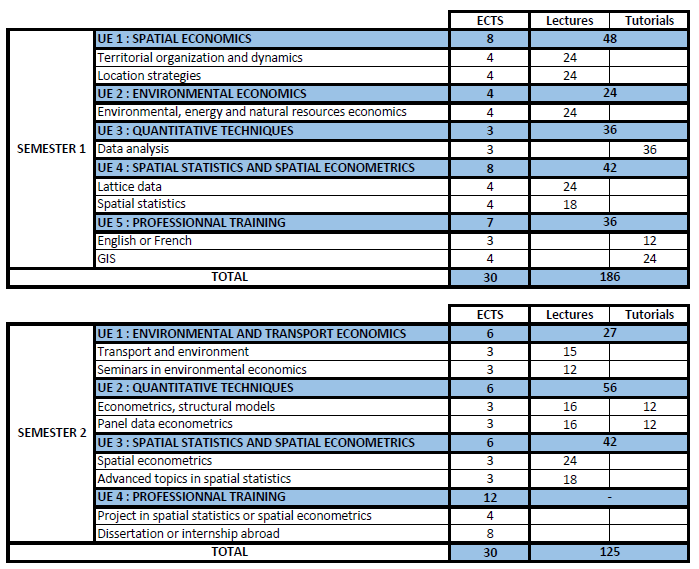
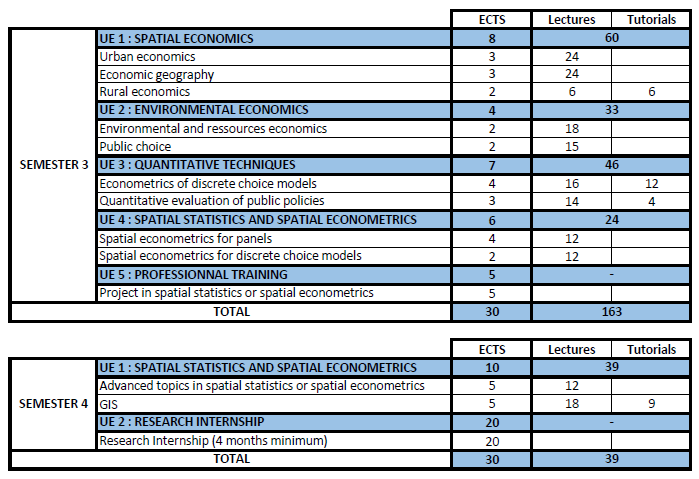
Entry requirements
Students with a degree in economics, mathematics, engineering, quantitative geography.
Grants
We offer grants to students to realize their first-year or second-year research internship in a foreign institution or university. We also offer year scholarships for the best candidates.
Future career prospects
The master’s program will provide the students with a portfolio of academic and practical skills. They will include the ability to conduct research in spatial economics, environmental economics and spatial data analysis either individually or as part of a team through research design, data collection, analysis, synthesis and reporting. They will also include managerial skills relating to the interaction with other people. With the expertise that the students will develop in data analysis applied to spatial and environmental economics, various career perspectives await the students in academics, urban planning and local development agencies, data science agencies, non-governmental associations and government.
Program partners
Courses will be taught by a team of dedicated national and international scientists and researchers in complete connection with their own research in the field. The master’s program is strongly connected with applied research in spatial economics, environmental economics and econometrics developed at the UBFC. Indeed, the coordinators and participants of the master program are all researchers specialized in spatial econometrics, environmental econometrics and spatial econometrics from UBFC. The team is constituted of researchers belonging to two research labs of UBFC: LEDI (Laboratoire d’Economie de Dijon, Economics Lab of Dijon) and CESAER (Centre d’Economie et de Sociologie Appliquées aux Espaces Ruraux, Center of Economics and Sociologie applied to Rural Territories) and all the collaborating external researchers.
Contacts :
Diego LEGROS – diego.legros@u-bourgogne.fr
Julie LE GALLO – julie.le-gallo@agrosupdijon.fr
